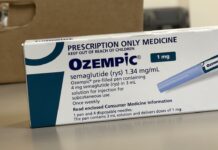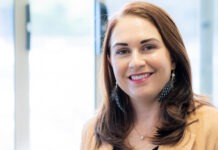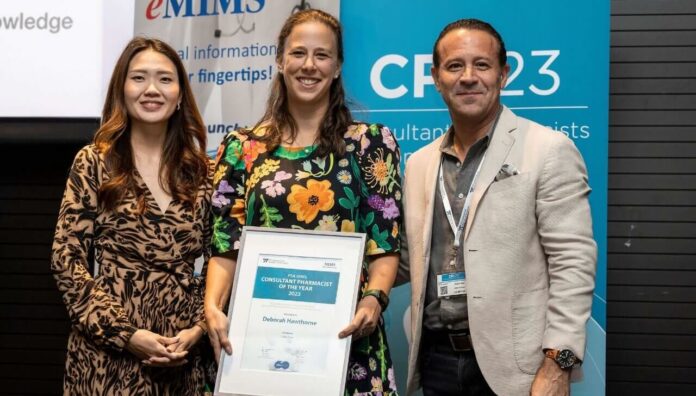
Deborah Hawthorne MPS is an innovator, facilitator, rural general practice and consultant pharmacist mentor, and now PSA’s first MIMS Consultant Pharmacist of the Year.
From her base in rural Wangaratta, Victoria, where she works as a general practice pharmacist at South Wangaratta Medical Clinic and its affiliate Docker Street Medical Clinic, Ms Hawthorne has an extraordinary reach.
She was bestowed with the award at the inaugural CPC23 last weekend for being an outstanding role model to established and developing practitioners.
‘Deb has made significant contributions to the development of consultant pharmacy in Australia through her own practice and as a mentor and facilitator of discussions and support,’ said PSA National President Dr Fei Sim.
Creating a consultant pharmacist community
Despite a relatively short time as an accredited pharmacist, Ms Hawthorne is regularly in touch with thousands of pharmacists in several online forums she created.
‘Pharmacists love communicating, it’s in our blood to be able to share similar experiences – not just with patients clinically, but also the ups and downs of consultant pharmacy,’ she said.
‘Newly accredited pharmacists are always saying “thank you for creating this network” or “I feel more confident to be able to do my role.” It’s a safe space to be able to ask questions.’
At the other end of the spectrum, those in their ‘twilight consultant pharmacist years’ are also excited and encouraged to share their knowledge, and support up-and-coming pharmacists in a way they were perhaps not supported themselves.
‘I wonder if I’d created this group earlier what we could have achieved as a collective, but what I also could have achieved just in my own little business,’ said Ms Hawthorne.
Becoming a mentor and researcher
Despite being a clinical pharmacist at heart, Ms Hawthorne recently had her first foray into pharmacy research. She is an inaugural member of the COnsultant pHarmacists’ sERvices rEsearch NeTwork (COHERENT), which conducts its own research on medication reviews.
‘I wasn’t particularly interested in research when I was in university, and then as a community pharmacist, I didn’t think I had enough of a background or understanding to contribute, but I’ve learned so much since being in this group,’ she said.
‘We’ve already had four papers published this year and we’ve got another two on the go.’
This includes a qualitative study about pharmacists’ interest and preparedness to fulfil the on-site pharmacists in aged care role. ‘Now we’ve got a quantitative study on this topic which is currently under peer review,’ she said.
Ms Hawthorne also participates in PSA committees including the Interdisciplinary Team-Based Care Community of Specialty Interest (ITBC CSI) and the Accreditation Expert Advisory Group, and was recently elected to the Victorian Branch Committee.
As well as working for Beyond Pain delivering telehealth consultations, she also regularly presents at conferences, and is involved in projects relevant to consultant pharmacy practice including as a GP Pharmacist Mentor for the Brisbane South PHN program.
‘I’ve been a GP pharmacist since 2020, and I was offered the job because of my consultant pharmacy experience before I even knew what a GP pharmacist was,’ said Ms Hawthorne.
‘To build my knowledge base, I had to reach out to other practices and learn from pharmacists who had been doing it for longer.’
It was this experience that led Ms Hawthorne to become a mentor who could make it easier for others to enter this area of practice.
‘I had to go looking for advice when I first started,’ she said. ‘So it was great I was able to help a few pharmacists out.’
Accreditation lives on
Accepting her award, Ms Hawthorne said accredited pharmacists are a ‘tough bunch’ who have been through many ups and downs. Positive changes include hospital-initiated medication reviews and Home Medicines Reviews follow ups. Others, such as medicine review caps and telehealth cessation, have threatened to stymie the profession.
The recent change to the Onsite Aged Care Pharmacist program to an outreach service is a further challenge.
But through it all, accreditation has proven to be an ‘exceptional’ program delivered by a set of resilient pharmacists, said Ms Hawthorne.
‘We’ve not only improved patient outcomes, we’ve also saved the government an astonishing amount of money just fixing problems through deprescribing, looking at polypharmacy, and finding medications with zero indication on a regular basis,’ she said.
‘Even though we’ve gone through all these changes, people are still doing this after 25 years. I want to be like them.’




 This article was sponsored and developed in collaboration with PSA and Carers NSW[/caption]
However, pharmacists may perceive medication errors or non-adherence as a carer’s inability to fulfil this role,
This article was sponsored and developed in collaboration with PSA and Carers NSW[/caption]
However, pharmacists may perceive medication errors or non-adherence as a carer’s inability to fulfil this role,

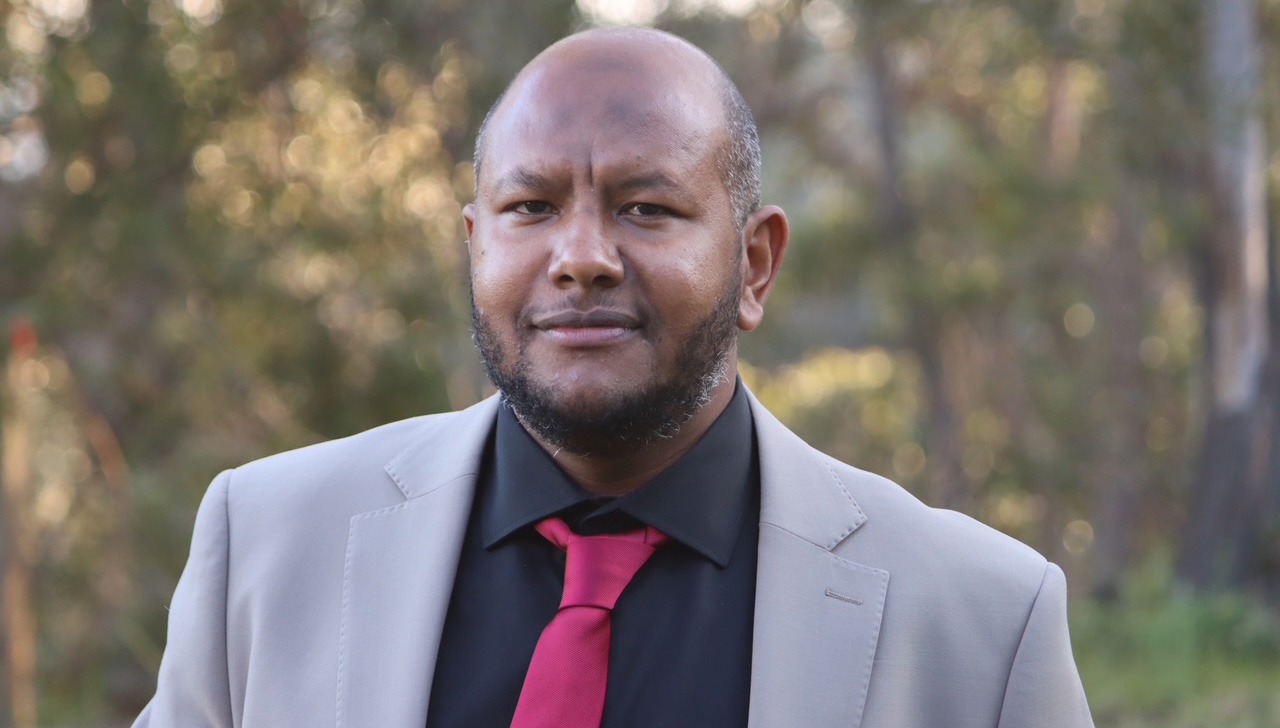 Now a PhD candidate, former Sudanese refugee and NSW Pharmacist of the Year
Now a PhD candidate, former Sudanese refugee and NSW Pharmacist of the Year 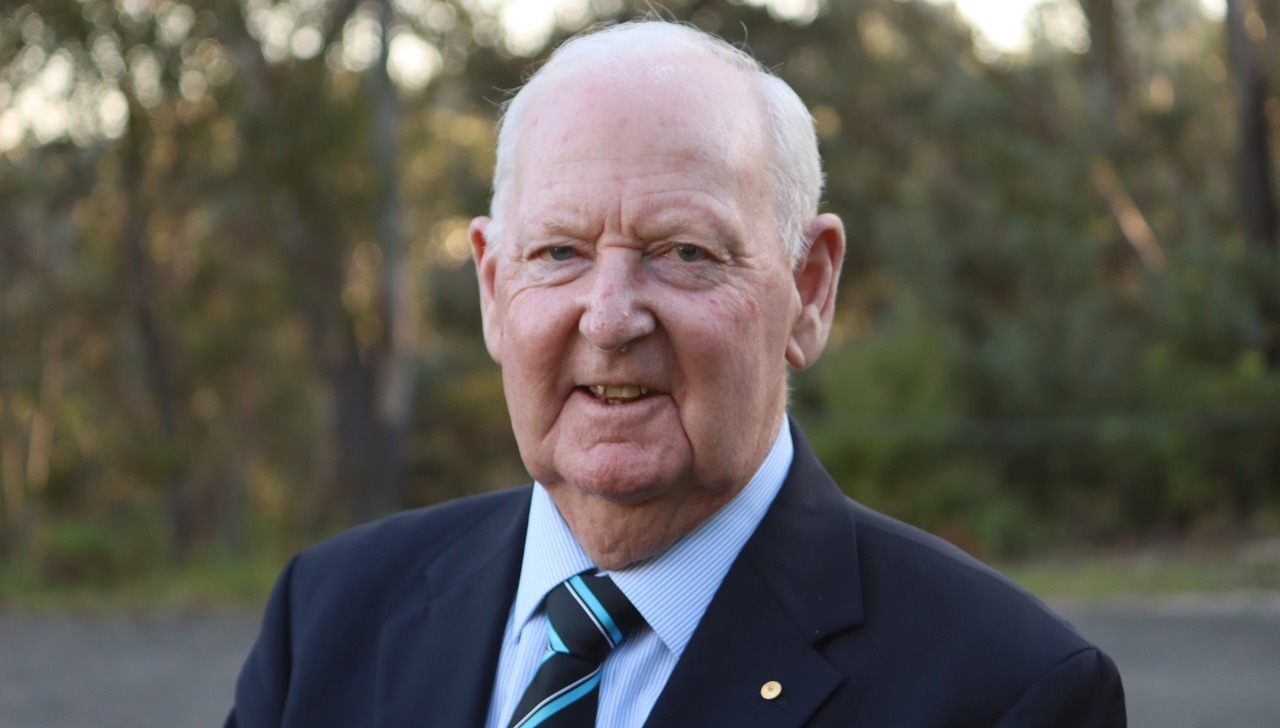 David North OAM
David North OAM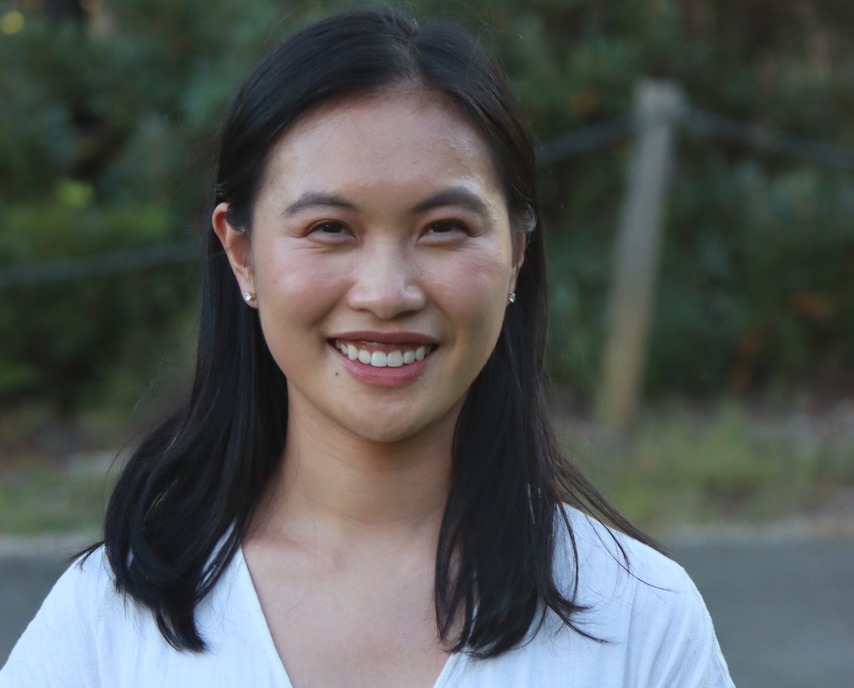 NSW Early Career Pharmacist of the Year Lily Pham
NSW Early Career Pharmacist of the Year Lily Pham